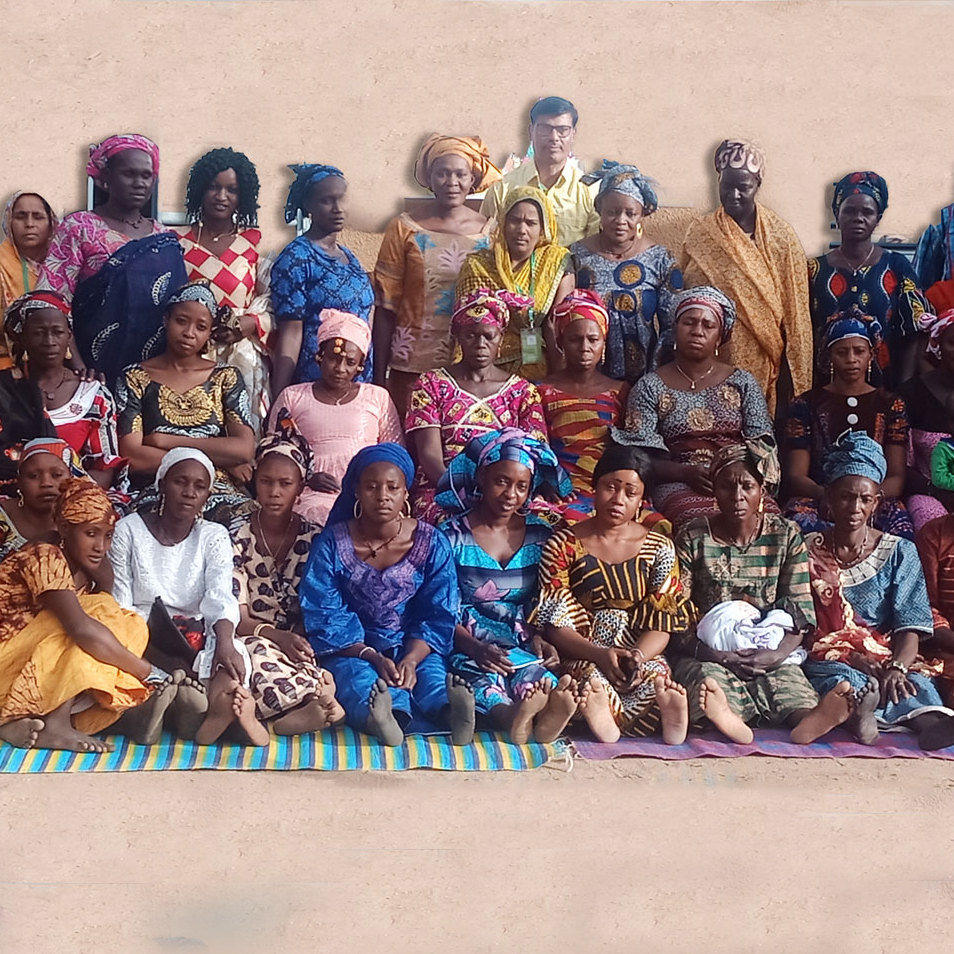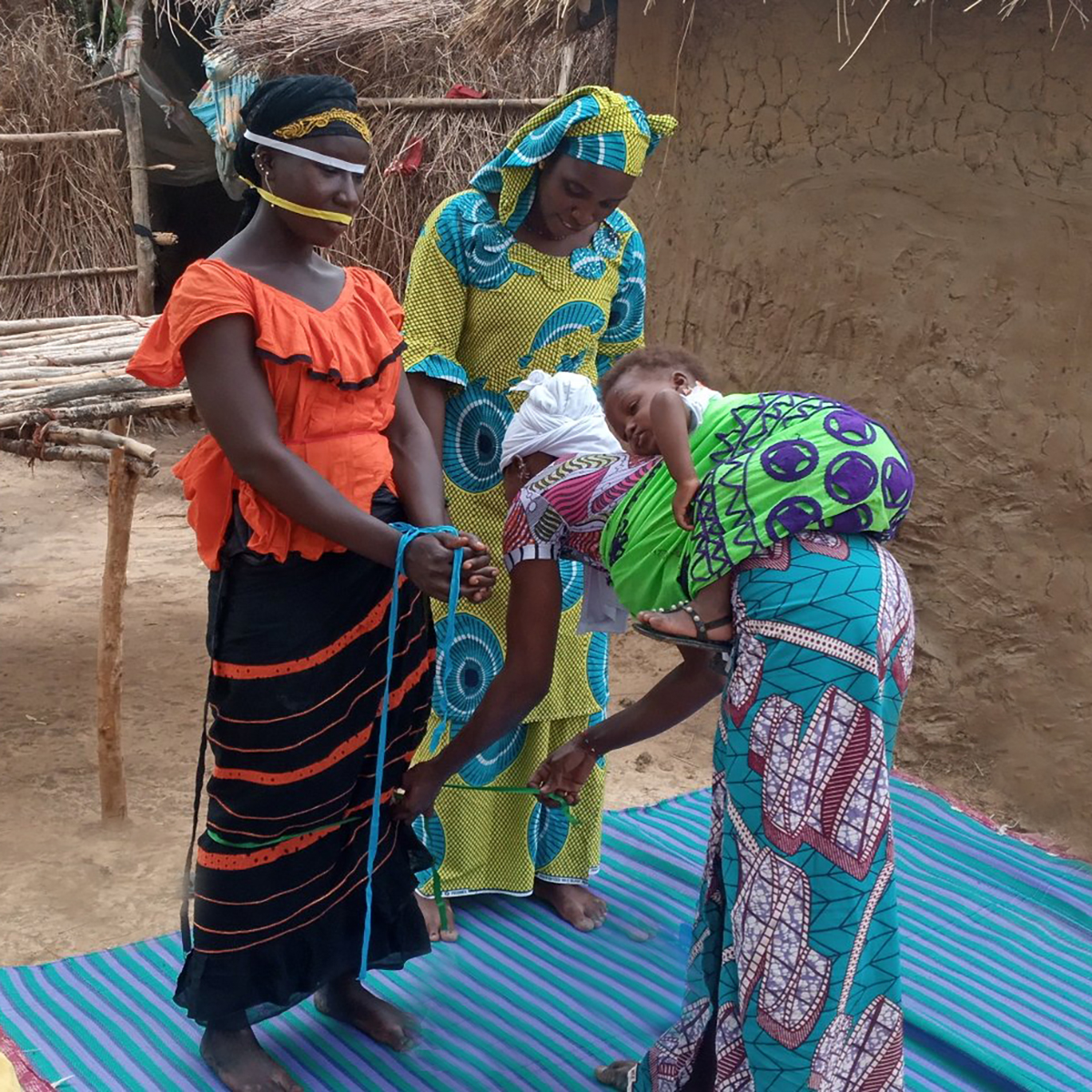An Indo-Mali Partnership
The Indo-Mali project has enabled us to successfully replicate the Dholpur model of institution-building for livelihoods advancement in Logo Kayes, Mali.
In 2016, cross-organizational stakeholders from Camide and Virtue Ventures visited Manjari Foundation in India to study our model of women’s empowerment and rural economic development. Impressed by the on-ground impact they witnessed, Camide invited Manjari Foundation to partner with them to execute Yeredme - a groundbreaking pilot for women's empowerment.
The objective was to see how Manjari's model for social transformation could be applied to solve challenges in the West African context.


During the visit, the Mali team experienced India’s powerful, peer-driven, Self-Help Group (SHG) ecosystem and witnessed how the Manjari team integrated the SHG functionality into its livelihood development agenda, thereby creating its own unique SHG model.
The Camide team shared its willingness to replicate the same model in the Kayes region of Mali. A team from Manjari Foundation, it was decided, would visit Mali to understand the context and explore the opportunity for partnership.
A year later, the Manjari team, comprising technical staff and SHG members, arrived in rural Mali.
Thus, 2017 marked the beginning of a true south-south collaboration, whereby the Indian women’s SHG model was being adapted to the Malian context and implemented through a powerful, experiential, peer-learning, and peer role-modeling methodology.
To our knowledge, this is a unique initiative, and no similar program had ever been executed in West Africa.



